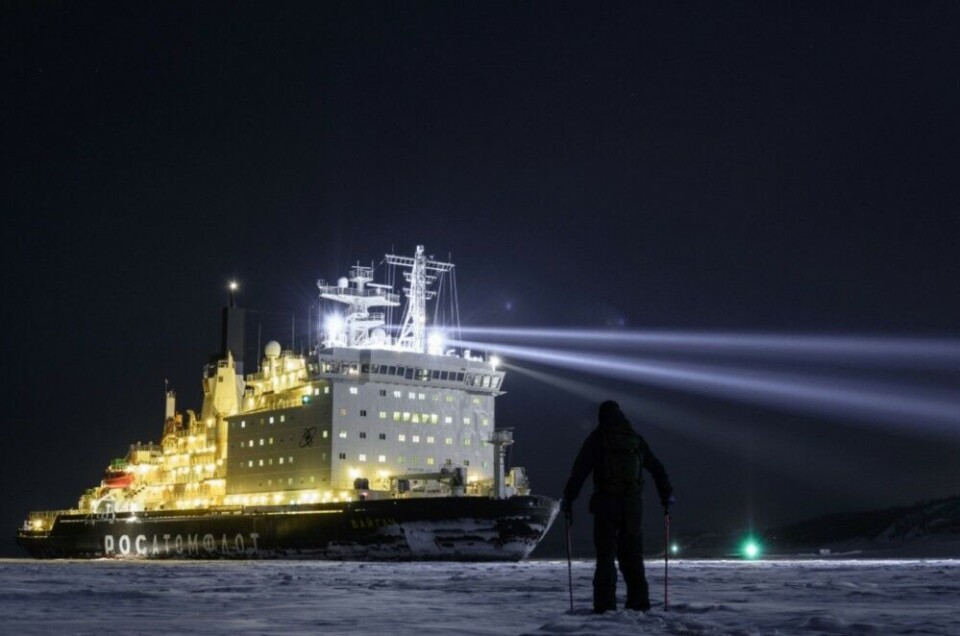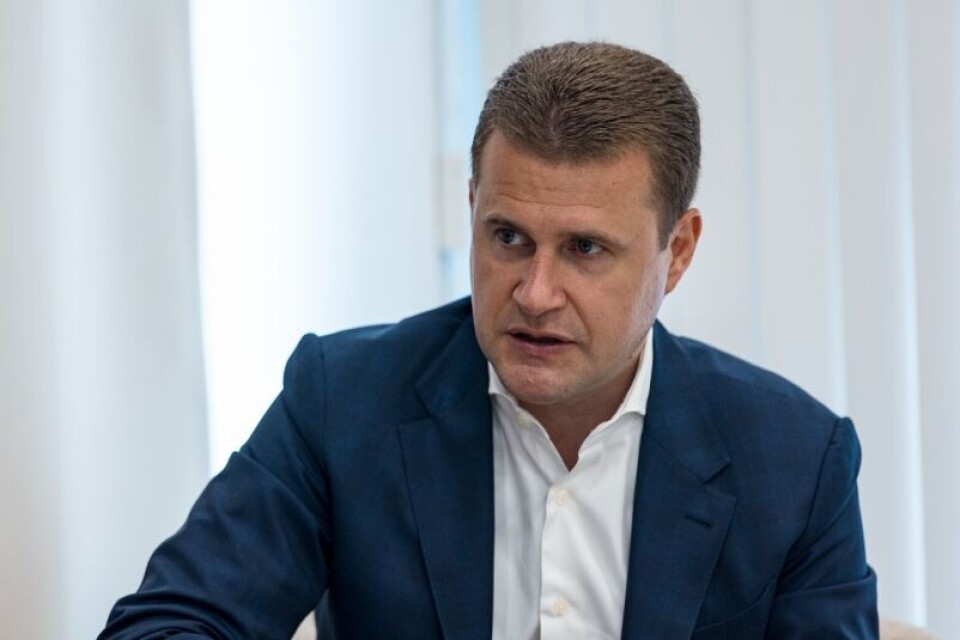
Moscow mulls subsidies for shippers sailing Northern Sea Route
Shipments on the Arctic route should be cheaper than by railway and the Suez Canal, Russia's minister on the Arctic says.
According to Minister of the Far East and Arctic Aleksei Chekunkov, trans-Arctic container traffic is crucial for the successful development of the Northern Sea Route, and active measures must be taken in order to get things going.
“The Northern Sea Route must become a global transport corridor, and that will only happen when we launch regular container shipments from the Far East to Murmansk or St.Petersburg,” Chekunkov said in an interview with newspaper RBC.

He argues that subsidies will be necessary in the initial phase. “After all, the traditional shipping companies still have a lack of confidence in the new route.”
According to the minister, shipments on the Northern Sea route should not be more expensive than by railway or through the Suez Canal.
“We are aim at a model which includes subsidised container shipments on a testing base already from 2022,” he told the newspaper. “In the initial phase, the shipments will be unprofitable for the operators and the government will cover the losses,” he added.
Chekunkov is confident that the route ultimately will become profitable.
“The strategic logics is to boost shipping volumes and efficiency in order to later on sail on the Northern Sea Route with profits under Russian flag,” he underlined.
“Then this will become a true alternative to the southern route.”
Russian authorities are actively promoting the Arctic shipping route both domestically and internationally, and aim at boosting annual shipping volumes to 80 million tons by 2024.
Moscow is also determined to make the route operational year-round.
According to the Ministry of the Far East and Arctic, year-round shipping will be possible “in the course of five years.”
The building of the new Lider-class icebreakers will be a key component in the process. Currently, ships make trans-Arctic voyages on the route only about eight months of the year because of the complicated sea-ice.
The ambitious objectives for the Northern Sea Route is fully supported by the Kremlin.
During his visit to Vladivostok in connection with the ongoing Eastern Economic Forum, Vladimir Putin underlined that the development of the Northern Sea Route “must not be delayed.”
“We must carefully, but without delays, consider the perspectives of such a transport corridor, this is an extraordinarily important issues, […] he underlined in a speech and added that the route undoubtedly constitutes “the future for international shipping between Asia and Europe.”
“Already next year, we must open the first regular voyages with goods, including containers, between Vladivostok and St.Petersburg, in order to test out route and establish a goods basis.”
















